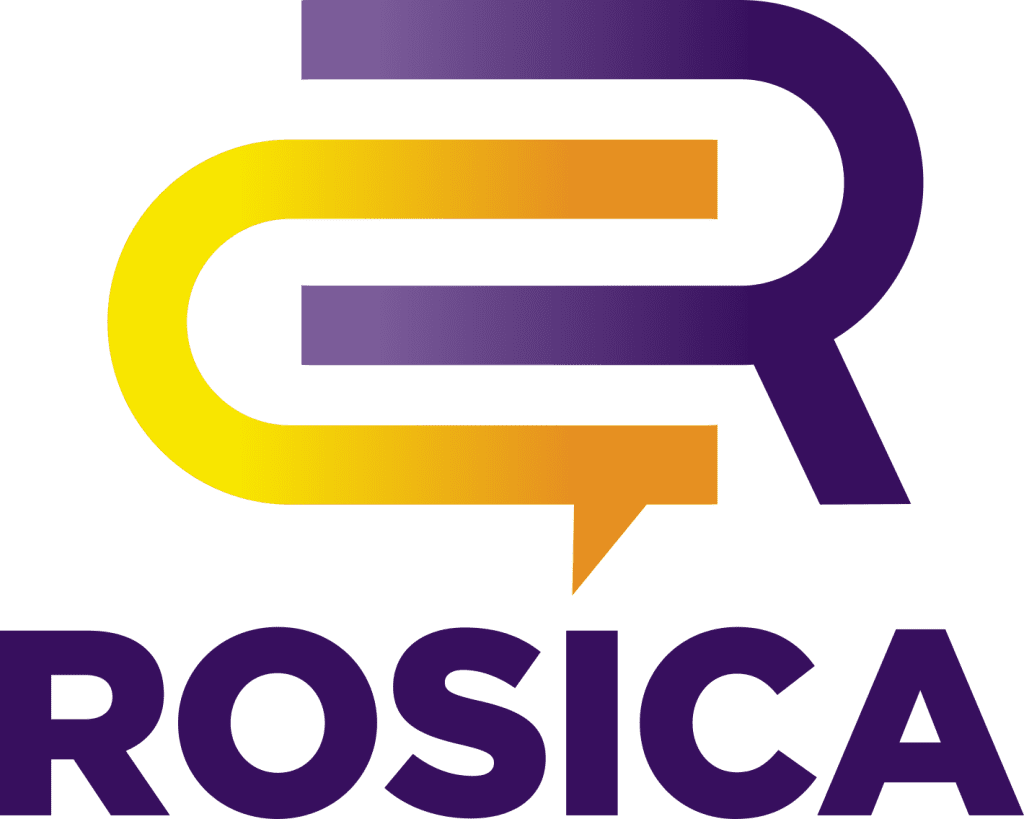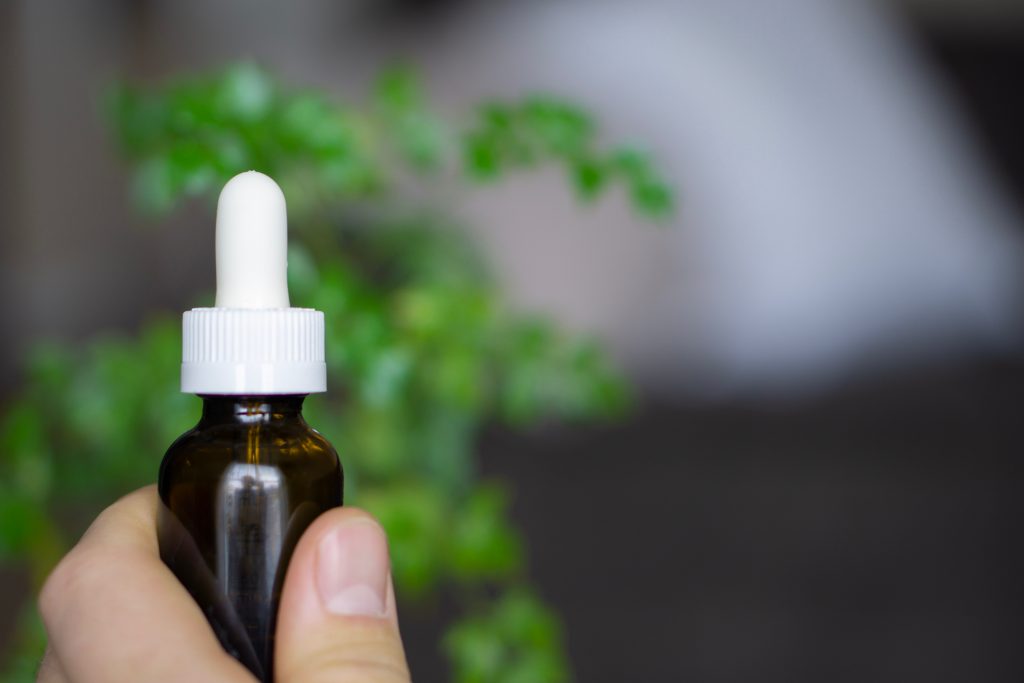In the 2020 election, more than two thirds of New Jersey voters voiced their desire to legalize adult-use cannabis and has become the Garden State’s new reality. Based on this sea change, a breadth of stakeholders – from patients, students, and workers to employers, government, and parents – will require considerable amount of education, communication, and public relations support. The new legislation will bring challenges and opportunities. Medical cannabis, which was previously not widely available and can, in some instances, replace far more dangerous prescription medications, will now be accessible. Beyond healthcare, there will be expansion into commerce, with dispensaries, licensing, and taxation proliferating. With various audiences excited, fearful, confused, and curious, cannabis education is an imperative at the municipal level, in relation to workforce-related issues, and at home, on parents.
The new law prioritizes cannabis licenses to residents of impact zones throughout the state, which presently include Atlantic City, Bridgeton, Camden, East Orange, Elizabeth, Jersey City, Hamilton Twp. (Mercer County), Irvington, Millville, Newark, Orange, Passaic, Paterson, Perth Amboy, Plainfield, Trenton, and Vineland. Specific metrics determine these impact zones: (1) ranks in the top 40% of local governmental entities in the state with marijuana possession arrests; (2) has a crime index of a total of 825 or higher based on the NJ State Police’s Uniform Crime Report; (3) ranks in the top 15% of all municipalities in unemployment; or (4) has a population exceeding 120,000 residents according to the 2010 census. An applicant can apply for an Impact Zone designation if 25% of its personnel are located within impact zones, and those jobs are close to the nearest impact zone.
The impact zones, as well as other municipalities, are encouraged to develop regulations within their city limits regarding cannabis, which will cause an added wrinkle to the public relations and education efforts required to inform the community’s businesses and citizens. Municipalities can establish ordinances, requirements for licensing and endorsements, location, number of allowed cannabis businesses, and penalties for violations of the newly established regulations. Towns may also create regulations to address issues pertaining to packaging, advertising, promotions, events, inspection, disposal, and other considerations. Undoubtedly, all local guidelines will need to be disseminated through effective marketing and communications.
As a national PR agency, with offices in New Jersey and Vermont, Rosica works with companies and municipal government to establish clear and effective communications so all stakeholders are aware and educated on new cannabis and CBD guidelines. We encourage city and state governments to be proactive thought leaders on marijuana, which will bring assurance to advocates and skeptics alike. Businesses, too, will need to be informed and understand their rights when it comes to the workforce and the effects of cannabis on safety and on what can be monitored in the workplace.
For growers and dispensaries, despite legalization, cannabis and CBD companies will continue to experience opposition in communities and from parents across the nation. PR, public education, and consistent corporate communications will play a vital role in managing perception and helping all parties co-exist peacefully. Rosica also has decades of issues and crisis management experience and can swiftly bring that to bear as legalization progresses in New Jersey, New York, and around the nation.

